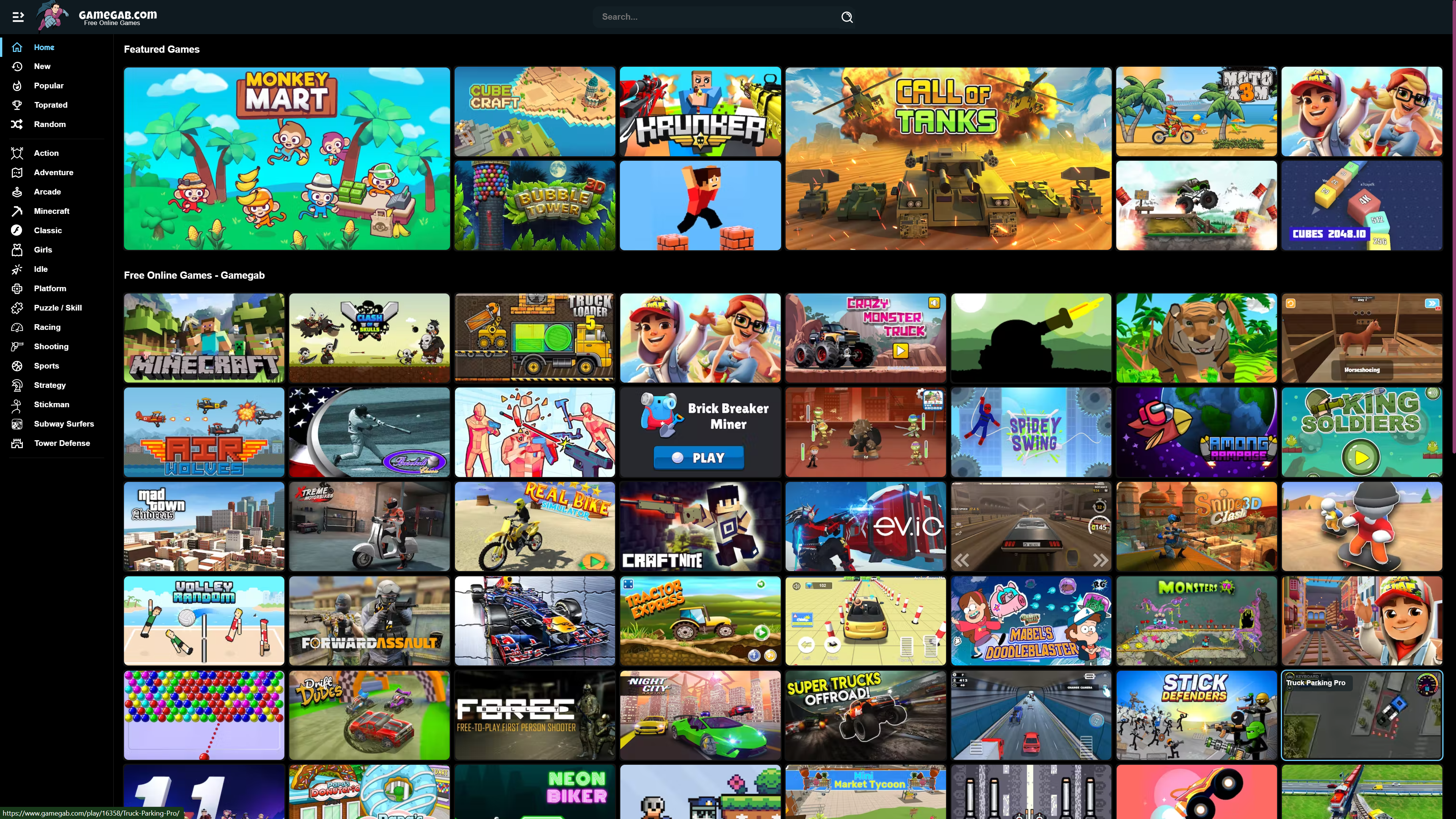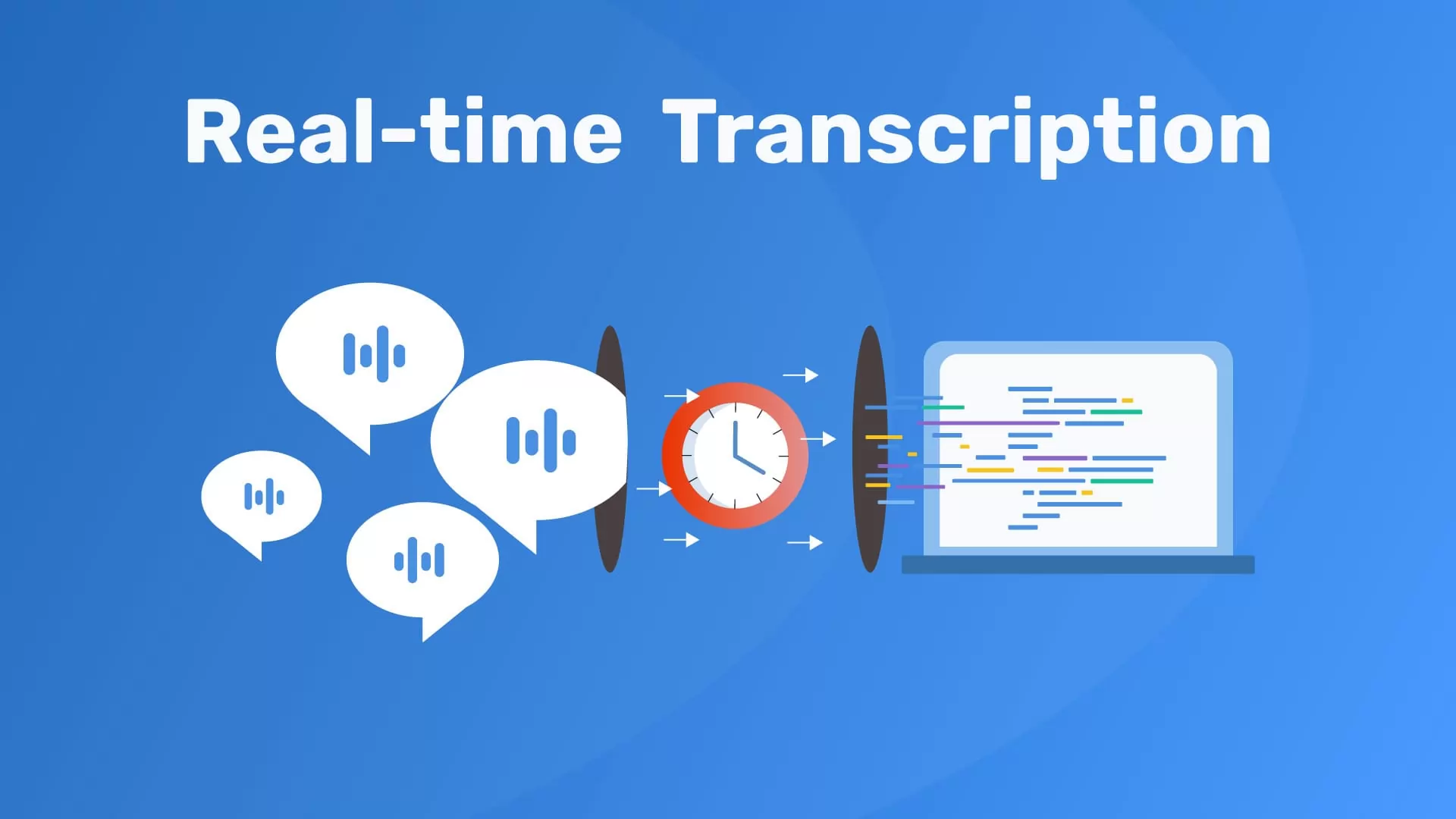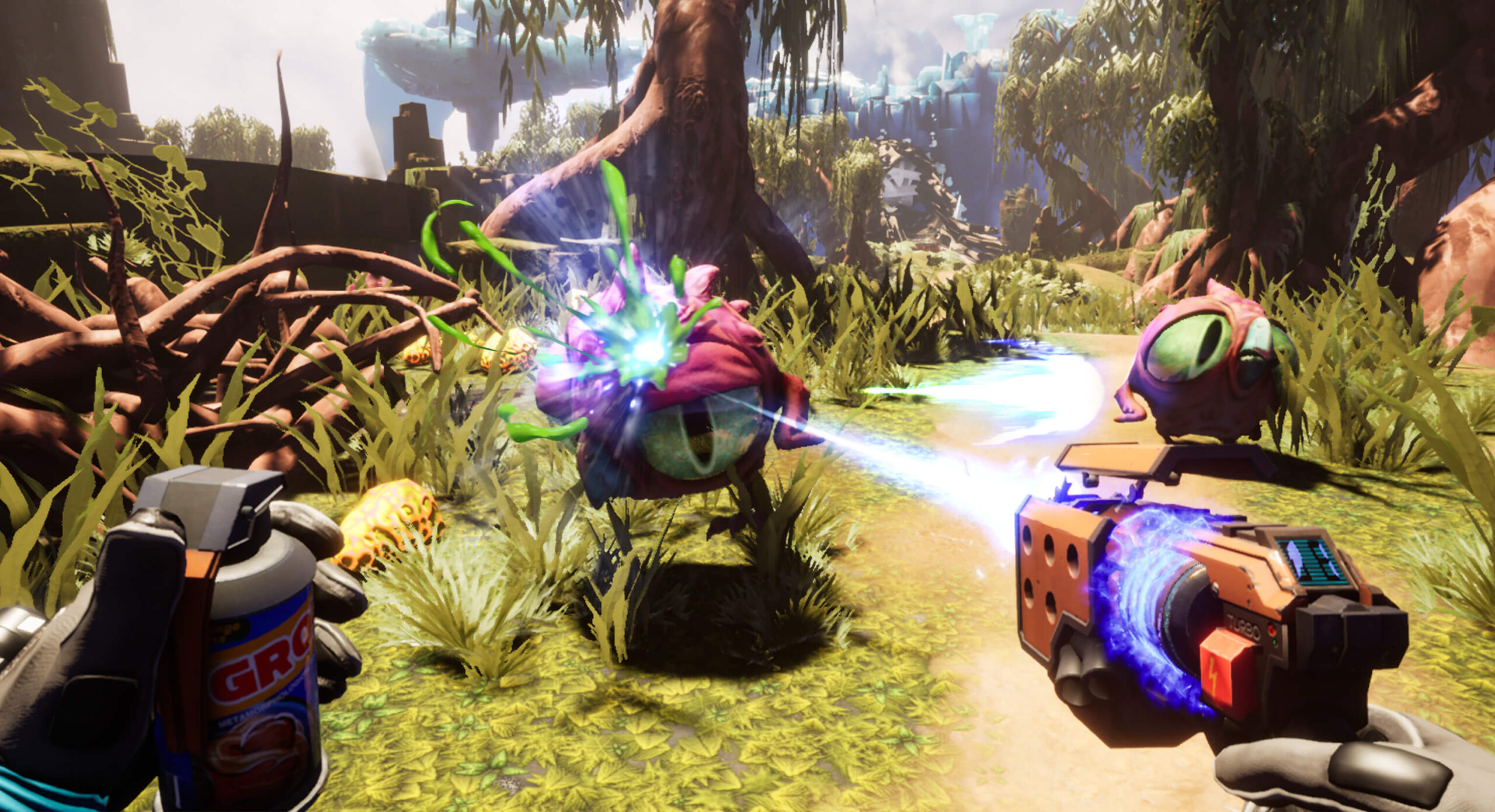Unity 3D vs HTML5 – which is the best for game development?
PC and mobile gaming alone generated $37 billion and $53.5 billion for the global video game industry in 2021. The numbers are projected to increase exponentially in 2022. No matter how large or small, people play games on their smartphones to entertain or learn something new. As the popularity of mobile games increased, game engines became more sophisticated.
There are three game development platforms: code-based, drag-and-drop, and hybrid.
It can be difficult to choose just one game engine from the abundance of options available for game development.
However, this obstacle must be confronted head-on, as the entirety of the game depends on the development tools and technology. The graphics, performance, assets, and all other aspects of the game depend heavily on the game development tools that will be used to create it. Therefore, prior to beginning game development, you must choose the technology for your mobile game.
Unity 3D and HTML5 are two of the most prominent technologies, and it has been observed that many individuals struggle to choose between them. Therefore, we have created this article to settle this debate and provide a proper guideline for selecting the appropriate technology.
In this article, we will compare the game development capabilities of the Unity 3D and HTML5 technologies.
What is Unity 3D?
Unity 3D is an open-source, cross-platform game development engine created by Unity Technologies for creating 2D, 3D, VR, and AR games. It is considered one of the best game development engines and is a well-known game development engine. Unity 3D Engine offers numerous features and can be used to create virtually any game.
Unity 1.0 was released in June 2005, when Nicholas Francis, Joachim Ante, and David Helgason created what would become one of the most popular game engines.
The engine, which supports over 25 platforms including the prominent iOS and PS4 as well as the less visible Windows Mixed Reality and Android TV, has been downloaded more than 33 billion times in the past year alone. Developers can create games with cinematic animations and photorealistic assets using Unity 3D.
Some facts about Unity 3D
- It is estimated that 71% of the top 1000 mobile games were developed with Unity.
- Unity-developed applications receive 5 billion downloads per month.
- In 2020, 2,8 billion people will utilize the content of Unity Game Development Company.
What is HTML5?
HTML5 (Hyper Text Markup Language) is a language used to develop and share web content. HTML5 is now widely used to develop games because they can be played on a variety of devices with a web browser. HTML5-created games are cross-platform, allowing users to reach a wide audience.
HTML5 enables nearly all online functionality without the need for additional software or browser plugins. It can be used to create animations, apps, music, movies, and even complex browser-based applications.
In addition, HTML5 is not proprietary, so no royalties are required. The apps created with HTML5 are also cross-platform, meaning they are compatible with tablets, smartphones, and desktop computers. In other words, if the browser on your device supports HTML5, it should function perfectly.
Some facts about HTML5
- HTML5 is the technology that powers the majority of web games.
- HTML5 will grow in popularity as cloud gaming becomes more prevalent.
- Famous mobile game titles are frequently ported to HTML5, which increases their exposure. Some
- Cut the Rope, Subway Clash remastered, Basketball stars, etc. are a few examples.
Unity vs HTML5
We will compare Unity and HTML5 at various stages of the game development process for the actual comparison. Throughout various phases, we will highlight the pros and cons of Unity and HTML5 to provide you with the clearest and most thorough comparison possible.
The various game development stages are:
System Setup
Unity 3D
Pros
- Unity 3D is self-contained and straightforward to install.
- It is a one-click solution that provides everything required for game creation.
Cons
- It is not an open-source game engine and is controlled by a single organization.
- During the development phase, if the developers encounter a bug, they must wait until the company fixes it.
- Existing workarounds may be rendered ineffective by the new update.
HTML5
Pros
- HTML5’s configuration is one of the simplest for web developers.
- There are no IDE dependencies, or no local code setup needed.
Cons
- Setting up HTML5 for the first time can be very difficult and time-consuming.
- A local server is required for the installation and development of an HTML5 game.
- To create a game using HTML5, developers must choose a framework that is HTML5-compatible. Since there are numerous framework options, this can be a challenging task.
Developing the Game
Unity 3D
Pros
- Using Unity 3D, it is easier and quicker to develop a variety of game types.
- Unity 3D is the ideal engine for creating games with complex graphics.
- Multiple useful features, such as integrated physics, component creation, and preview debugging, streamline the development process.
- Multiple libraries facilitate development.
Cons
- Using the C# programming language complicates the game logic, and script-based programming does not support many code libraries that can be reused.
- Unity has a method or process that must be followed, so developers who want to develop everything in their own way will find Unity to be a hindrance.
- Using Unity 3D to develop games is more expensive.
HTML5
Pros
- HTML5 makes it simple to create cross-platform games.
- HTML5 is excellent for creating casual games.
- HTML5 is based on JavaScript and is easy to learn and implement.
- Developers have access to TypeScript and CoffeeScript cross-JavaScript compilers.
- HTML5 is a relatively inexpensive platform for game development.
Cons
- HTML5 is not appropriate for creating complex games.
- It does not provide an extensive game development library.
- Limited in its tool integration.
- Choosing the appropriate framework is difficult, and developers are frequently unsure of where to begin.
- Various HTML5 frameworks are under development or are under-developed.
Publishing the Game
Unity 3D
Pros
- Unity provides a single-click publishing function.
- It supports the development and deployment of cross-platform games, such as web games, console games, PC games, and mobile games.
- Regardless of the device used, Unity games perform admirably.
Cons
- The price of publishing the game on every platform is high, so expanding the user base with Unity games is incredibly expensive.
- There is a lack of mobile and web browser support.
- There is also a plugin requirement for web playback.
HTML5
Pros
- HTML5 is web-based, so it is simple to publish HTML5 games to the web.
- The games can be published without requiring a plug-in, making them ideal for mobile and web browsers.
Cons
- Using HTML5 for offline publication is extremely nerve-racking.
- It lacks a one-click publishing option.
Also Read: Unreal Engine Game Development Services
Who is the winner?
Regarding the winner, it is a tie!
It is inappropriate to state categorically that one technology is superior to another, as this answer depends entirely on the use case. Unity and HTML5 each have their own advantages and disadvantages. The appropriate technology for your game is entirely dependent on your needs and specifications, and the right game development company can assist you in selecting the appropriate technology.
It does not matter which technology you use for game development; what matters is finding the right technology for your project.
HTML5 is a cost-effective technology for game development, and Unity 3D is a performance-effective technology for game development. In general, HTML5 may be a better option if your game is simple and requires fewer complex features and gameplay.
If your game is complex, with multiple top-tier features, stunning graphics, and intricate gameplay, Unity 3D may be the better option.











